
NEWSLETTER
Wpisz swój adres e-mail i zyskaj e-booka
Bez niechcianej poczty ani reklam
Tylko merytoryczne treści z obszaru digitalizacji produkcji


I am happy to share my knowledge about digitalization, production automation and modern technologies.
I write about real challenges and proven solutions that help factories successfully implement the assumptions of Industry 4.0.
If you are interested in innovation, industry standards and best practices – I invite you to read on!
I am a member of the Forbes Technology Council, a global group of technology leaders. This is a great opportunity to share knowledge with others. In the meantime, the news that I joined the Forbes Technology Council was published by:
Industry Portal
Polish Industry
B2B Automation
Production Manager
Dairy Forum
Polish Capital
You can also find numerous of my articles on the Forbes blog.
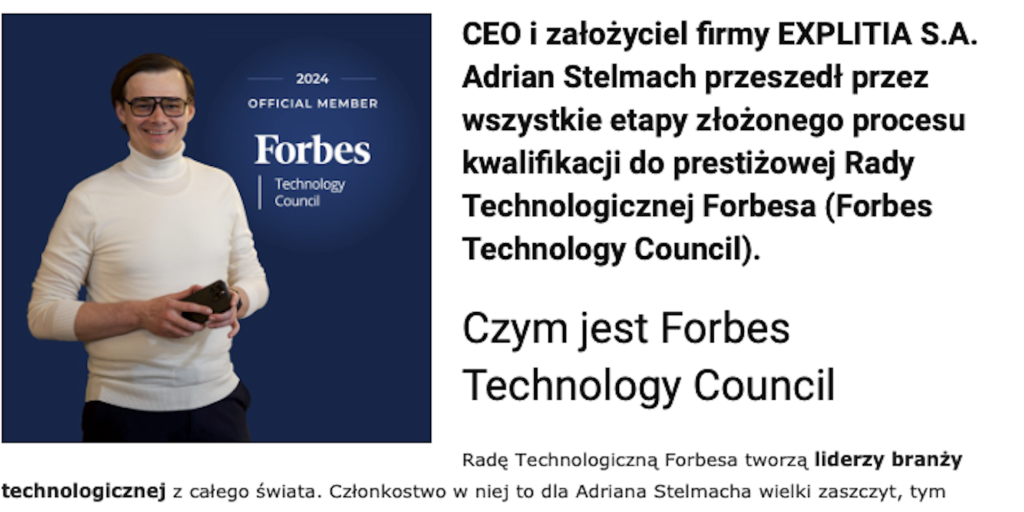
Data is the true currency of industry today. Planning, analyzing downtime and assessing the profitability of processes depend on it. The problem is that in many plants the information still lives in closed silos – in controllers, machines and endless Excel sheets.
The SCADA system was created to tame this chaos.
In an article in SA&AM Cluster Magazine, I show how SCADA is changing the way production is managed – from monitoring to real business decisions.
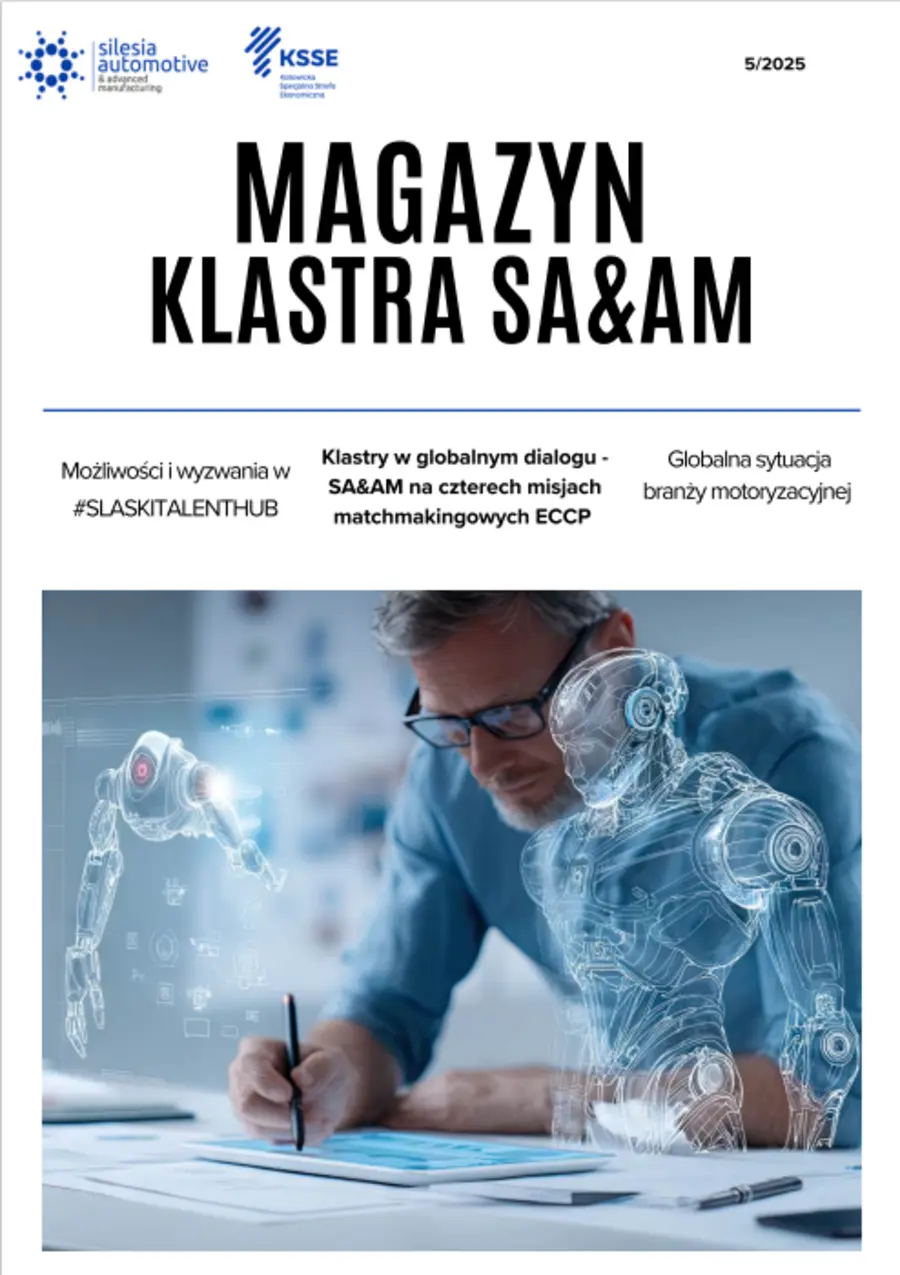
You don’t want to be left behind. You try to catch up with the latest trends. You implement AI in your company and experience disappointment. And it could be different if you just appreciate the role of data. You can read about how to prepare data so that artificial intelligence is a useful tool, not a source of loss, in an article on ceo.com.

More than 70% of digitization projects in industry fail because companies start by choosing a system instead of diagnosing their needs. In explitia, we show that professional technology consulting – from Workshop 360 to consulting – can avoid mistakes and carry out digital transformation with a real return on investment. In the article “Without a plan, there is no effective digitization. How technology consulting saves IT projects from failure” I share our approach and concrete examples – I invite you to read!
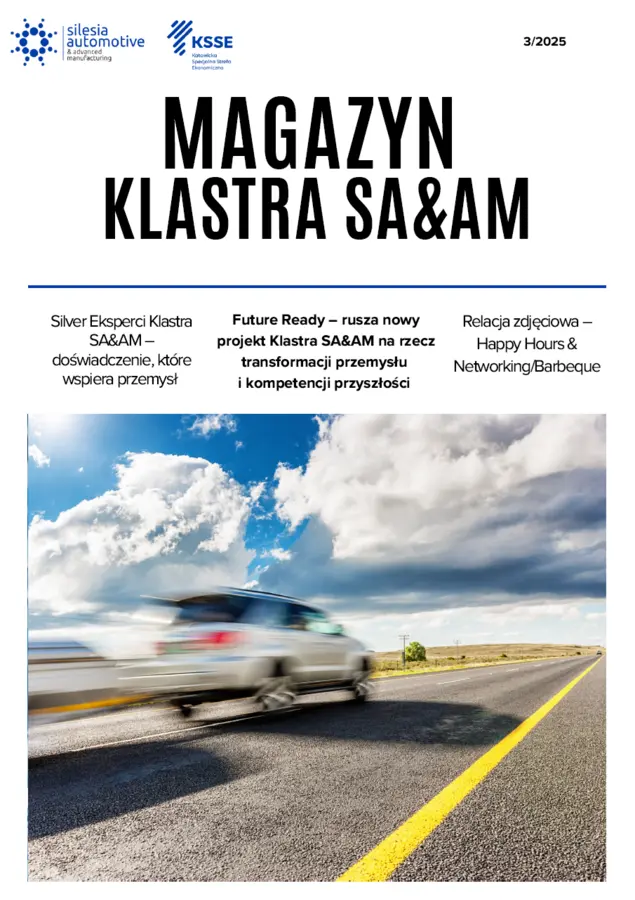
Implementing AI and MES in a manufacturing plant is not just about technology – it’s all about people and changing the way we work. In an article for TUV NORD, I show how to prepare a team for a technology transformation, how to deal with resistance, and why a well-executed audit, communication and training are key to success. I share a proven 5-step approach to change management that gets results faster and avoids costly mistakes. If you want to know how to make your AI and MES implementation deliver real business value, I invite you to read on!

Even the most modern factory cannot escape the problem of waste – time, energy or bad decisions. These are the ones that often determine whether a plant is generating a profit or just struggling to maintain profitability. In an article published on KapitałPolski.pl, I show how to count the real costs of hidden losses and how to reduce them with transparent data, pilots and proper change management. I also tell you about Workshop 360, a free tool that helps you quickly identify the biggest sources of savings. If you want to see which way money is escaping from your company and how to stop it – I invite you to read on!

When is a universal model (e.g., ChatGPT) enough, and when is it better to bet on a dedicated LLM that knows your procedures, documentation and production realities? In my article, I show you simple selection criteria, from data audit to architecture decision and integrations with MES/ERP with measurable business impact. Look at AI as a procedural expert and enjoy not wasting time searching for information and making fewer mistakes at the start. How can AI improve your business?

Digitization in Poland faces great challenges – only a small percentage of companies can boast high digital intensity, and many businesses are still not using advanced technologies. In an interview with Gracz PC, I explain where these barriers come from, what steps the economy and business should take, and how Transformation 4.0 can become a real opportunity for Polish companies. I invite you to read it – find out what solutions really make sense and how they can be implemented step by step!
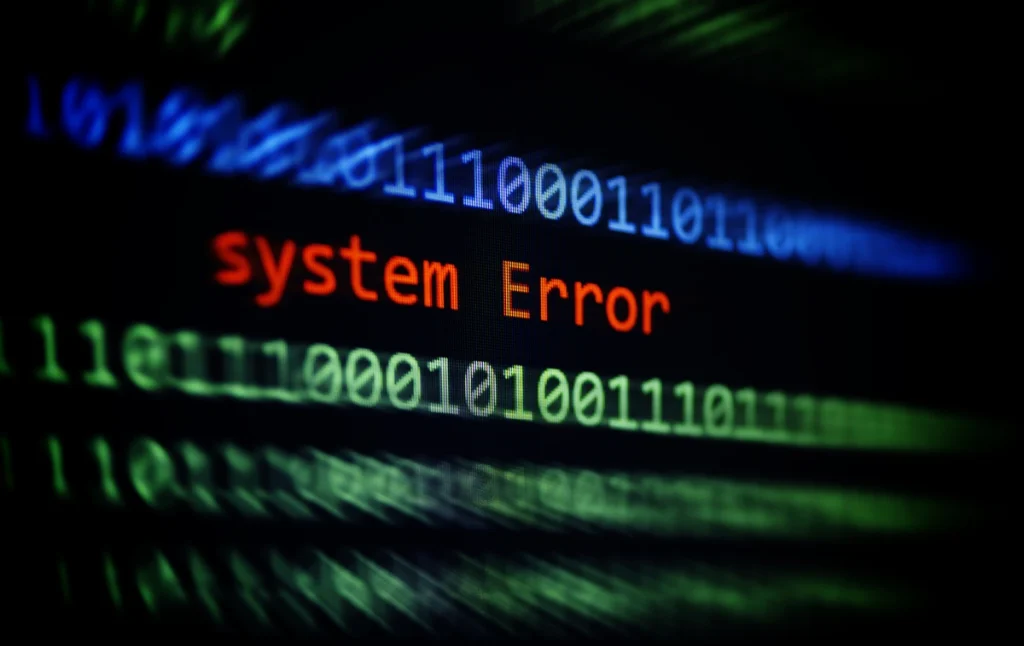
Digital transformation has become a fashionable buzzword. For me, it is primarily an answer to the question of how to survive in a competitive environment. In an interview with RadioKraków, I talk about what digital change really means, what challenges manufacturing companies face and what mistakes are worth avoiding. I invite you to read – find out how technology can become your strategic asset!

For small and medium-sized companies, digitization often seems a task beyond their strength. That’s why I’m answering the question of the Gram in Green portal about where to start, how to select technologies for real needs and how to avoid the most common mistakes. I invite you to read on – find out that digital transformation is a step-by-step process that can be followed to the benefit of the entire organization.

A good industry executive audit is more than a list of recommendations. It’s concrete recommendations that realistically improve efficiency and reduce risk. In this article for CIRE.co.uk, I explain how to know if an audit is worthwhile, what pitfalls often accompany the process and what results can be achieved with a well-conducted audit. I invite you to read it – learn how to separate a valuable audit from bogus analysis!

In an interview with PolitykiBezpieczenstwa.pl, I share my approach to product development planning – from conception to testing to implementation and maintenance. I invite you to read it – check out how to put sustainability into practice and create the products of the future!

Rising energy costs, staffing difficulties and increasing customer demands are causing production facilities – including agri-food processors – to look for ways to maintain profitability. In an article published on Farmer.co.uk, I show 13 proven tricks to cut costs and improve efficiency using technologies available today – from utility monitoring to storage systems to data collection automation. These are concrete, practical solutions that work for many companies. If you want to see how to easily implement digitization and achieve measurable savings – I invite you to read on!

Many technology implementations in manufacturing plants end in disappointment – we have the data, we have the systems, but the real effects are missing. In an interview with PortalSpożywczy.pl, I explain why numbers alone are not enough, the importance of a parallel business and technology audit, and how to translate data into the language of management decisions. I share examples from practice, showing that digitization doesn’t have to be expensive or complicated – all it takes is a smart approach and the right sequence of actions. If you want to know how to turn data into real savings and a quick return on investment, I invite you to read the interview!

Rising energy prices, new ESG regulations and pressure to increase efficiency have made industrial utility management one of the key challenges for manufacturing companies. In the article, I show how an EMS system allows companies to monitor energy consumption in real time, automatically bill costs and reduce expenses by up to 30%. It’s a solution that supports not only process optimization, but also meeting environmental requirements and building a competitive advantage. If you want to see how modern energy management can change your company – I invite you to read the entire article in Polski Przemysł!

Rising energy prices, ESG requirements and cost pressures are making efficient utility management one of the key challenges in the automotive industry. In the article, I show how an EMS (Energy Management System) allows manufacturing companies to monitor utility consumption in real time, reduce costs by up to 30% and support environmental reporting. It’s not theory, but proven solutions implemented in plants – from stamping and paint shops to assembly lines. I describe the mechanisms of EMS, the stages of implementation and a specific case study that shows how a smart approach translates into real savings. I invite you to read the entire article!
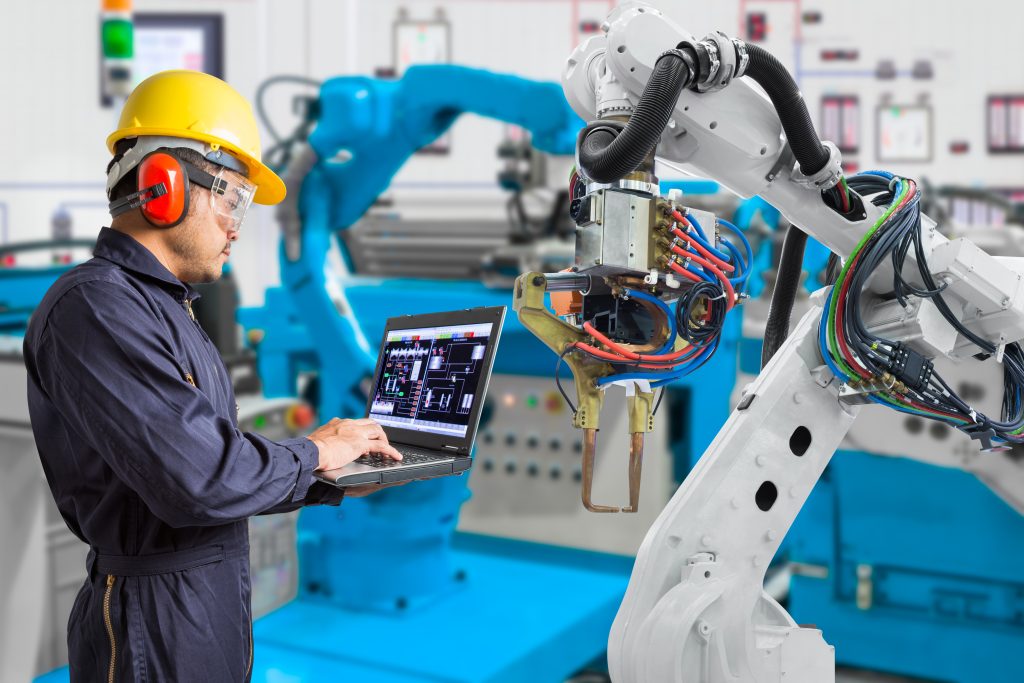
Automated production scheduling is no longer a luxury, but a necessity for companies that want to meet the demands of Industry 4.0. In the article, I show how modern MES and ERP systems allow to dynamically schedule processes, optimize resources and reduce costs – from the automotive to food sectors. I also share case studies that prove that investment in digitization quickly pays off. If you are interested in how scheduling automation works in practice and what trends await us in 2025, I invite you to read the full article!

The Digital Product Passport (CPP) is a response to consumer demands and stringent regulations. In an article published on Meat.com.co.uk, I explain what CPP is for the meat industry. You’ll wonder why traceability is important and what technologies must guard the entire production chain – from raw material to consumer. I invite you to read on: you will learn how to build transparency and trust, and what steps to take to make competitive advantage a reality.

Digitalization is in the face of a rapidly changing business environment, and this requires Polish entrepreneurs to adapt. In an article for Gazeta Finansowa, I stress that modern management requires managers to develop key skills, such as effective leadership, communication and time management skills, and adapt to new technologies.
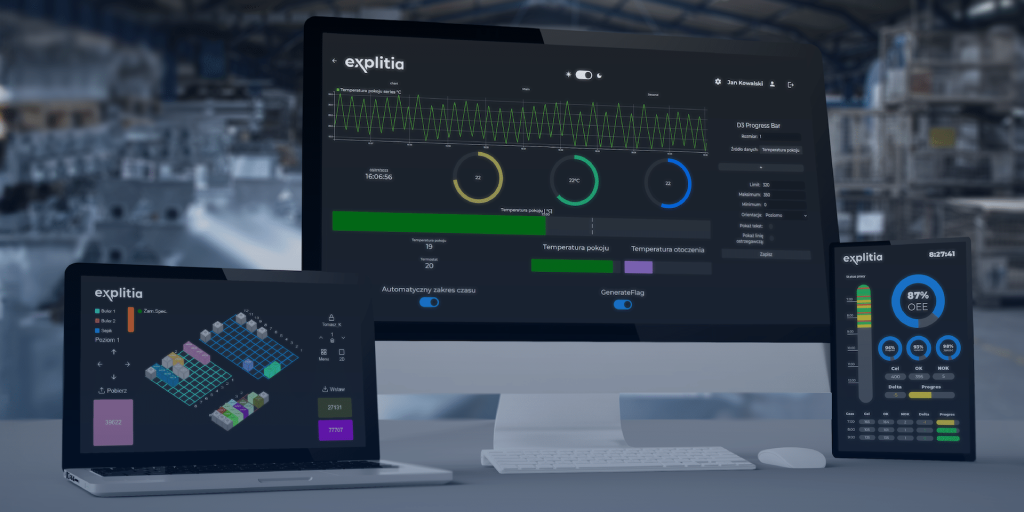
The effectiveness of a sales team, especially in B2B projects, depends not only on the level of the customer’s buying motivation, but more importantly on the ability to manage motivation and the optimal division of roles in the sales team. In an article for Sales 24, I write about how to effectively divide the roles of a sales team to better classify the customer and increase the chances of a sale.

Artificial intelligence, despite its success, is only as smart as the available database allows it to be. In a publication for Polish Industry , I explain in the context of B2B, and especially manufacturing companies, that trends from the B2C sector cannot be uncritically transferred, as AI tools in marketing rely on public databases from the Internet. While some tools can be useful, it is important to keep in mind their limitations in industrial applications.
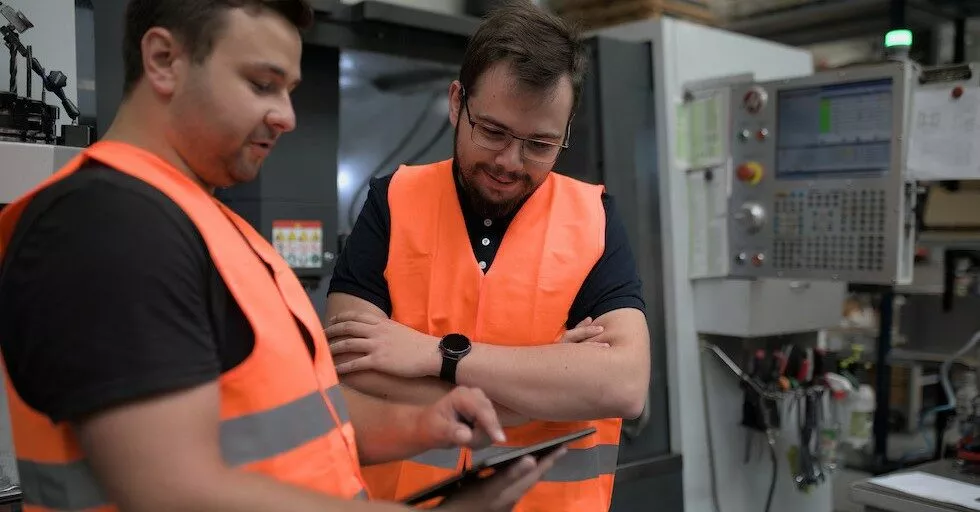
Many companies are concerned that the implementation of advanced IT systems involves huge sums of money. Fortunately, there are alternatives that can significantly reduce the initial costs. In this article for Industrial Portal, I write that the process of digitizing and implementing new technologies in industry does not have to be difficult.
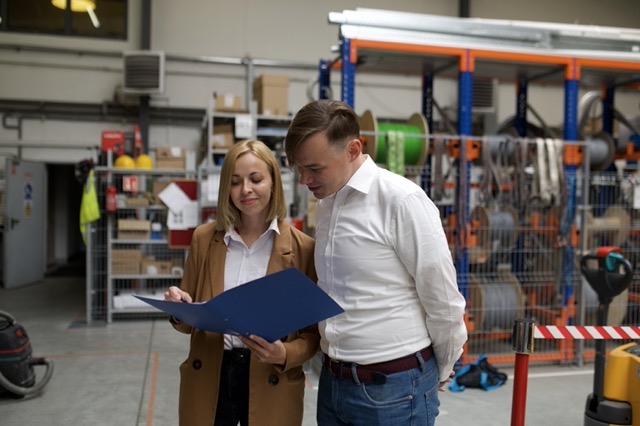
In a publication for the Industry 4.0 – Modern Industry Portal , I try to overcome the “fears” of implementing new technologies in industry. Does digitalization have to be expensive? Do older machine fleets have no chance of digital development? Or are new solutions already at hand even for smaller manufacturing plants? The answers to these questions can be found in this very article.
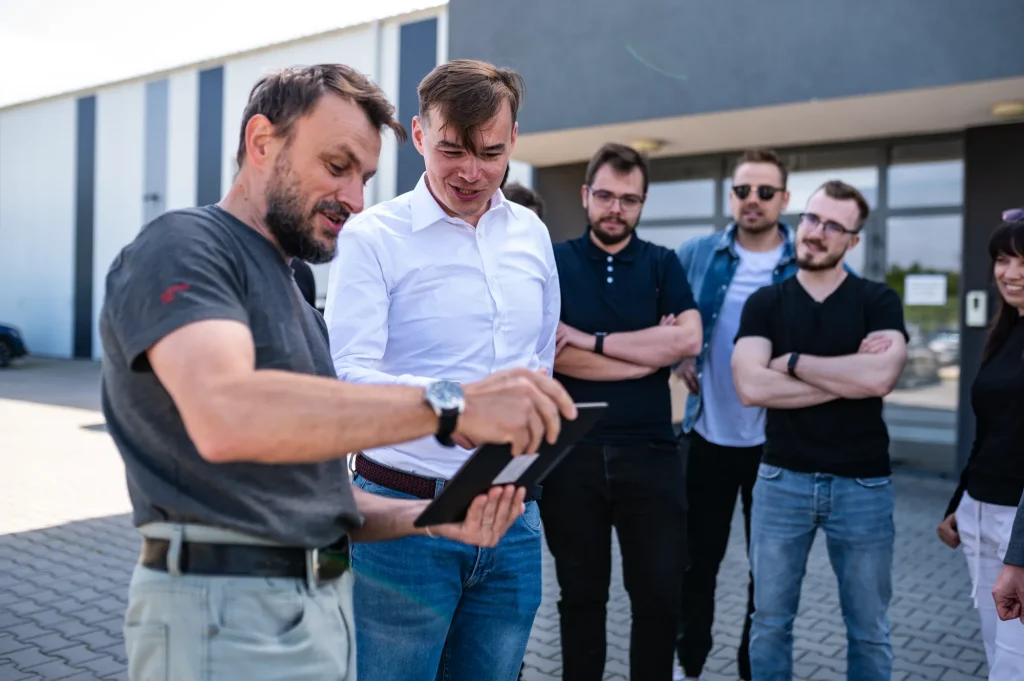
ESG principles are becoming crucial not only for large corporations, but also for smaller companies. On the Polish Capital portal, I point out that ESG reporting is important for companies that are part of the supply chain of larger corporations and those operating in environmentally and socially sensitive sectors. In addition, technology in optimizing ESG metrics is very important, as it can influence business decisions and make companies more attractive to investors and young talent.

It is important to keep in mind the key stages of purchasing a new IT system for a company and know the differences between standard purchasing processes and those involving information technology. In this publication for Sales 24, I provide examples and tips on defining your needs, analyzing the market and conducting a bidding competition to avoid common problems and effectively invest in modern technology solutions. The right approach will influence success in your business.

In this article for Sales 24, I discuss the challenges companies face when introducing new technologies, such as the rapid growth of technology and the difficulty of recruiting the right talent. I emphasize the need to understand the specific needs of customers and tailor technology solutions to meet their requirements. The article highlights the need for a strategic approach to digitization to ensure optimization and efficiency of business processes.

In a publication on Sales 24, I discuss the challenges and benefits of integrating e-commerce with manufacturing systems. A key element is the automation of processes to seamlessly manage orders and production, which increases efficiency and reduces errors. I also point out the need to invest in modern technology and employee training to ensure that the full potential is realized.

The benefits of automating production traceability in the food industry are many. Highlighting its impact on efficiency, carbon footprint and product safety, I try to answer the multiplying questions among plant managers. In a post for Dairy Forum, I highlight the importance of implementing traceability in the industry.

Does robotization mean layoffs?
In a world where technological advances are changing the industrial landscape, the question of the future of jobs becomes crucial. In an article on the Polish Capital portal, I talk about automation and robotization in light of the current labor market and education in Poland.

The concept of sustainability and ESG (Environmental, Social, Governance) strategies is no longer reserved exclusively for large corporations. Increasingly, smaller companies and manufacturing plants are required to report these ESG indicators on a regular basis. How and why to develop a manufacturing plant in line with ESG values? We discuss this in an article written for ERP-view.

MES, a production execution system, eliminates the process of tedious manual reporting and allows employees to deal with activities that bring real value, instead of reporting results. This is because these will appear automatically. In an article published on wnp.pl, I write about MES applications in industry.

When starting down the path of digital transformation, it is better not to throw yourself into the deep end right away. In an article for CRN.co.uk, I share my expert commentary on the convergence of IT and OT technologies to enable advanced driver integration.
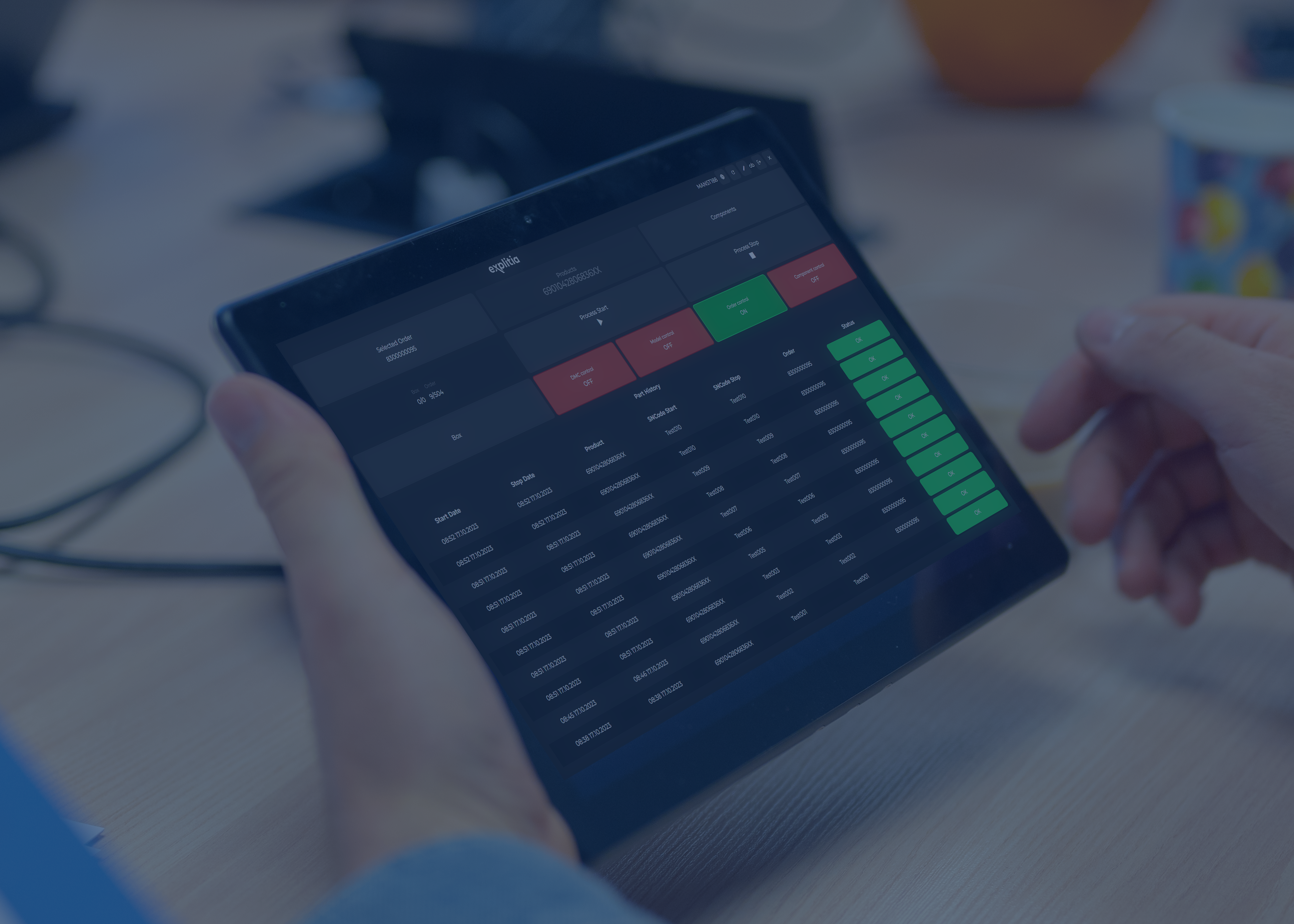
In an article for wnp.pl, I wrote about MES systems – solutions that optimize manufacturing processes by performing detailed data analysis, which for a human would be time-consuming and tedious.
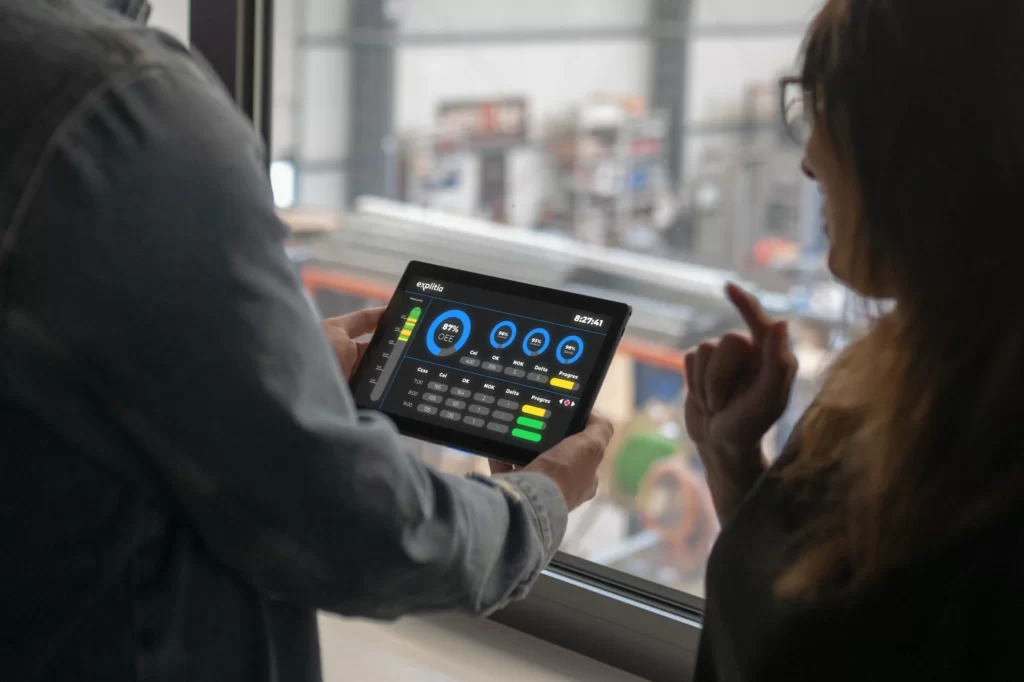

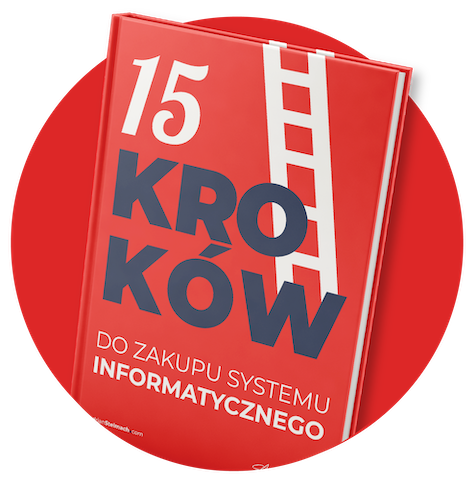
Get 5 chapters of the book for free!
Join the newsletter and gain access to 40% of the book
“15 Steps to Buying an Information System“.